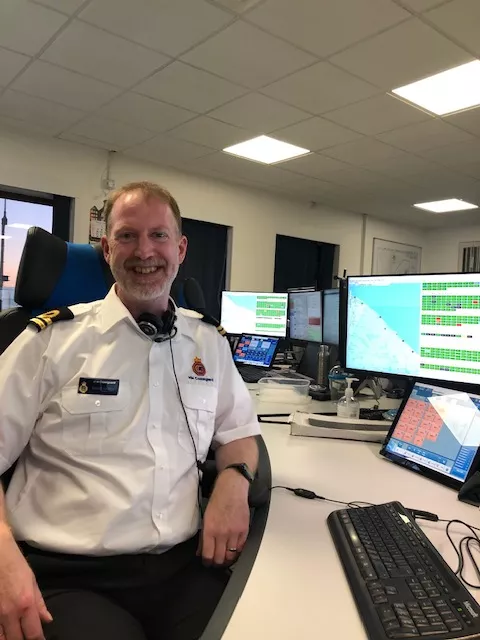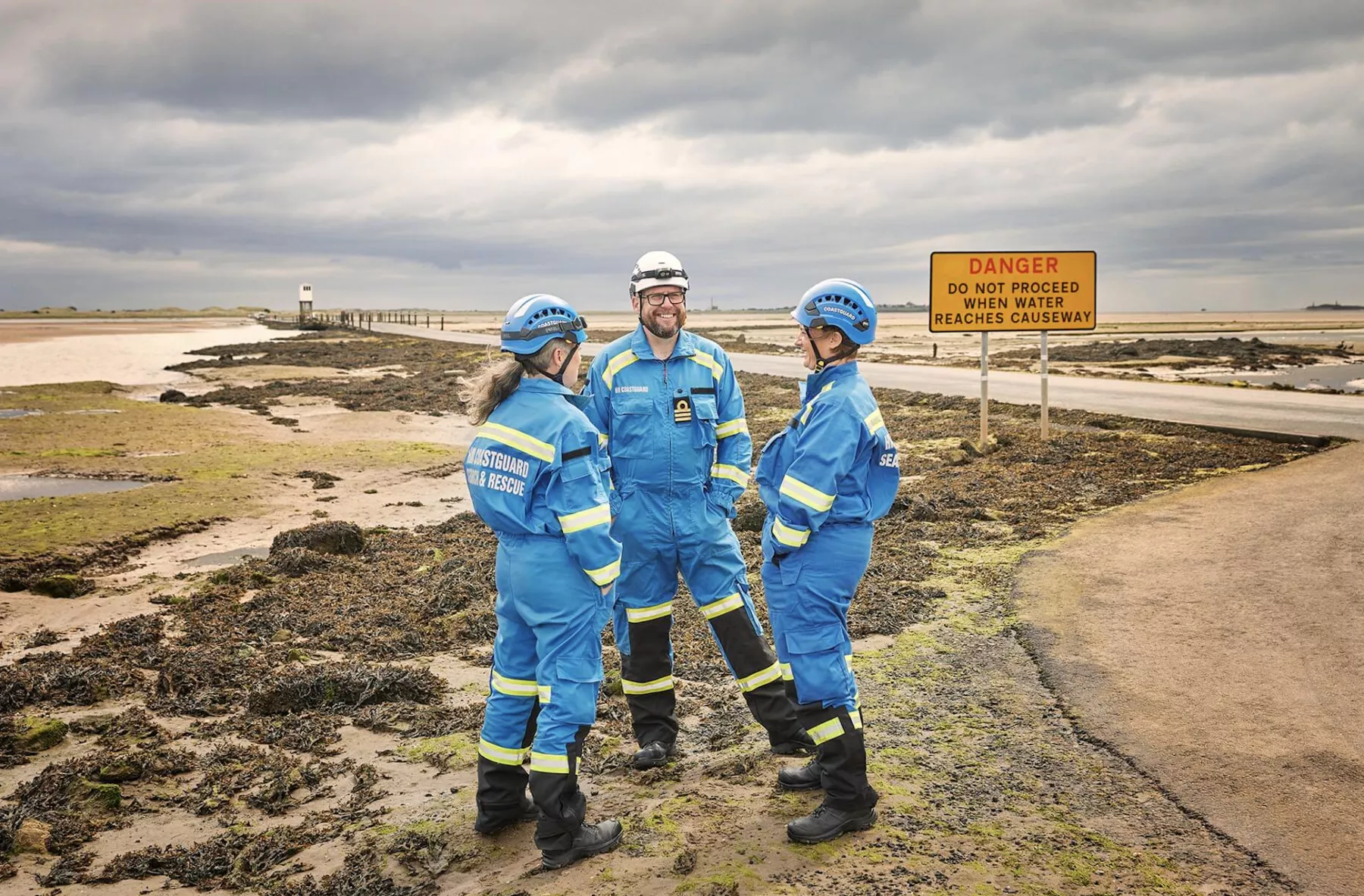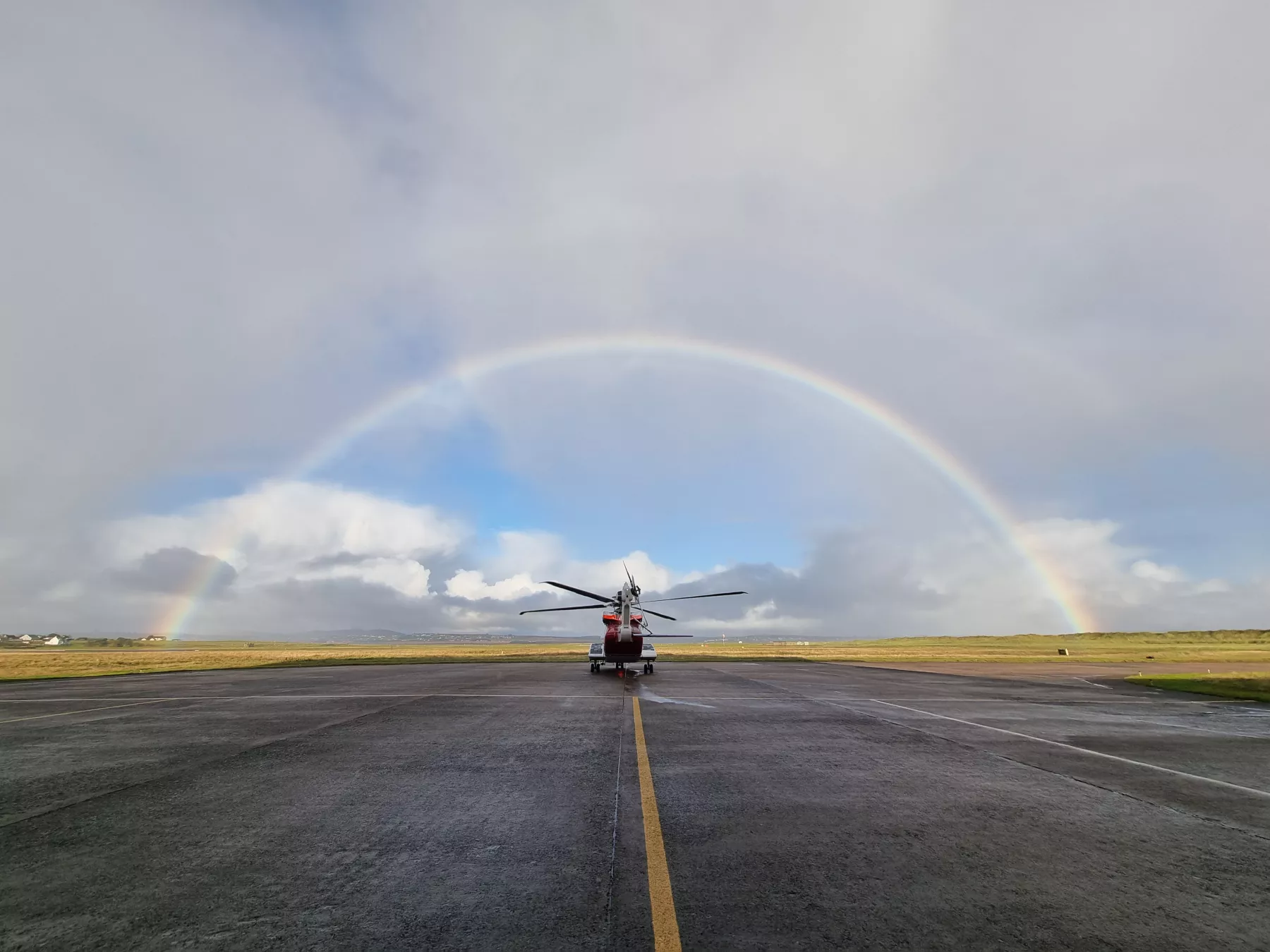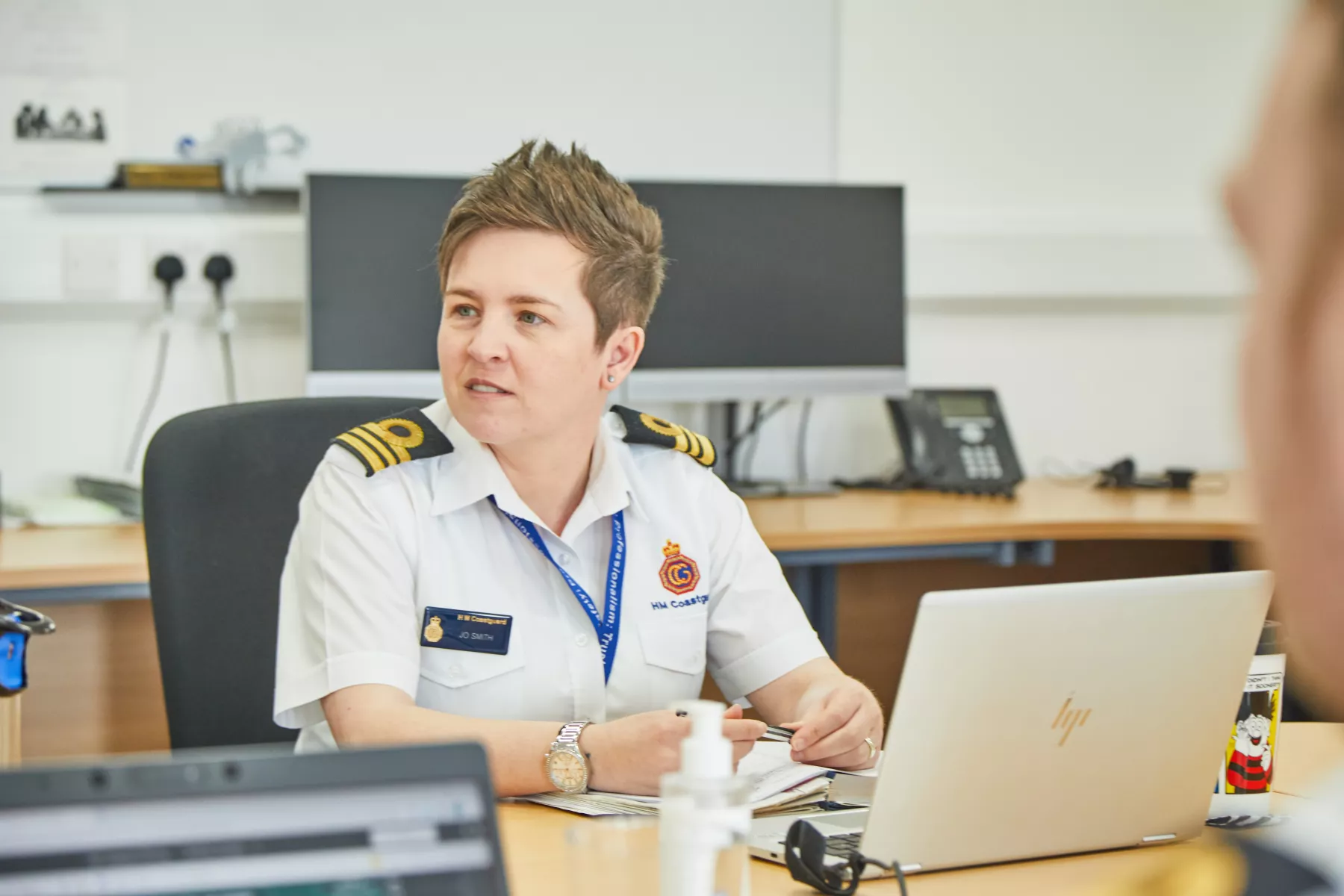HM Coastguard operations room staff are always on the end of a maritime distress call, ready to respond to whatever the emergency, with the two words that bring such relief to those in trouble at sea: “Coastguard Rescue”.
Whether they are responding to 999 calls from the public or answering Mayday calls on Channel 16, the highly-trained staff jump into action to coordinate a rescue.
This International Control Room Week, we will introduce you to a few of those who work tirelessly behind the scenes to save lives.
They don’t do it for the praise, but they deserve plenty.
Humber Maritime Rescue Coordination Centre (MRCC)
Humber MRCC is one of 11 specialist rescue coordination centres positioned around the UK to respond to maritime incidents in that geographical area.
We introduce you to Dave, a Senior Maritime Operations Officer with more than 20 years’ experience with the Coastguard.
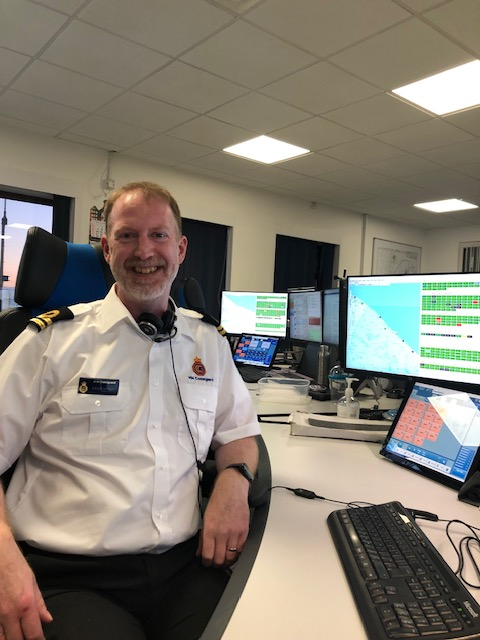
Name: Dave
Job title: Senior Maritime Operations Officer (SMOO)
Role: Nearly 20 years in Operations Room and 10 years as a coastguard rescue officer
Why (and when) did you join HM Coastguard?
I joined as an Auxiliary Coastguard (now part of the Coastguard Rescue Service, a voluntary role) in 1996.
The place where I worked closed down and I was made redundant in 2003, so I lost my job before Christmas, and I needed something. I started as a Coastguard watch assistant in February 2004. I remember applying with a view to finding something else later on but, obviously, that never happened.
Do you also volunteer?
I was a member of the Bridlington Coastguard Rescue Team for about 10 years (since 1996) and my dad was an auxiliary coastguard too. As a child, I joined him on watch at the lookout or went on patrol with him. I also helped out with cliff rescue exercises and the breaches buoy. So, when I was asked if I wanted to join the team, it felt the natural thing to do. On the first training exercise, I was given a harness and sent down the cliff within the first few minutes. Life was different back then. It would be very different now.
What do you enjoy most about being a member of the team?
Being able to switch from having a laugh or chat about something trivial to working on an intense incident, knowing that you can rely on the rest of the team.
What new skills have you learned in your role?
Where do I start? Nautical knowledge, chart work and navigation, meteorology, search planning, and all the civil service stuff as well. I’m not a confident person, so speaking to people on the phone or radio has improved my communication skills.
What is the most challenging part of your role?
Apart from passing the exams required to do the role, maritime searches to me are always the most challenging and stressful part of the job.
What is the most unusual incident you have responded to?
When I was a CRO (Coastguard Rescue Officer, volunteer), a colleague and I were tasked by the MRCC to a deer that had caught its antlers in a rope swing in someone’s garden – and the owners were away.
It was trying to free itself, and all I can remember is it swinging through the air held only by its antlers, as it struggled. We were concerned that it was getting stressed and risked injuring itself. We managed to keep it calm while a vet was able to check it over prior to releasing it.
Are you a lover of the sea? Why?
I would not say I am a lover of the sea per se, but there is something about it. I don’t know what it is.
I have always lived near the coast. As a teen, I was often on or in the water trying to windsurf (I could only do it with the wind behind me), body boarding and later on learnt to dive. I rarely do this anymore, though I find it almost comforting to see it again if I have been away from the coast for a while.
Check back tomorrow for Part Two, from Belfast
